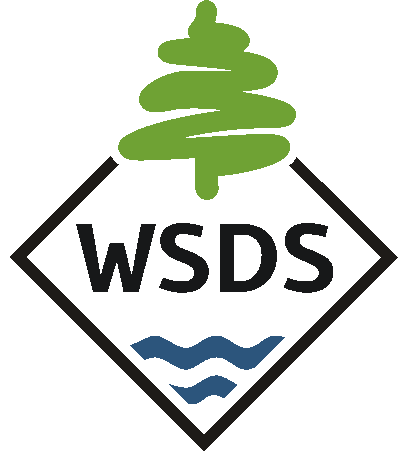Active Learning for Children and Youth with Multiple Disabilities Including Combined Vision and Hearing Loss
Presenter: Kathee Scoggin
Part 1: (85 minutes)
Attachments:
Outcomes:
- Explanation of what Active Learning means for children with multiple disabilities including deaf-blindness
- Examples of Active learning strategies
Part 2: (88 minutes)
Attachments:
Outcomes:
- Example of what a CONSISTENT ROUTINE is
- Purpose of using a Space for Active Learning (SAL) or “Little Room”- Lilli Nielsen
- Why knowing the child’s likes and dislikes is important when determining what to put in the SAL or “Little Room”
Part 3: (87 minutes)
Attachments:
Outcomes:
- How to make some materials or items that encourage Active Learning
- How to select items to use with these materials such as a Velcro vest, triangle board, resonance board
- Determining appropriate objectives for the student when using the materials
Part 4: (86 minutes)
Attachments:
Outcomes:
- Why concept development must be a part of all teaching with students with multiple disabilities including deaf-blindness
- The purpose of developing Experience Books
- How to develop and use experience books for literacy, reading, and concept development

